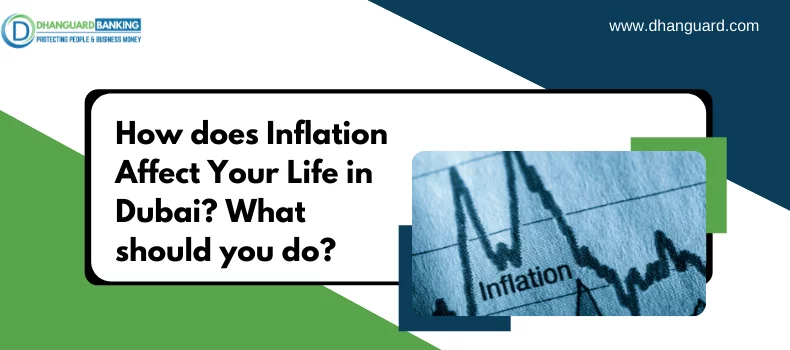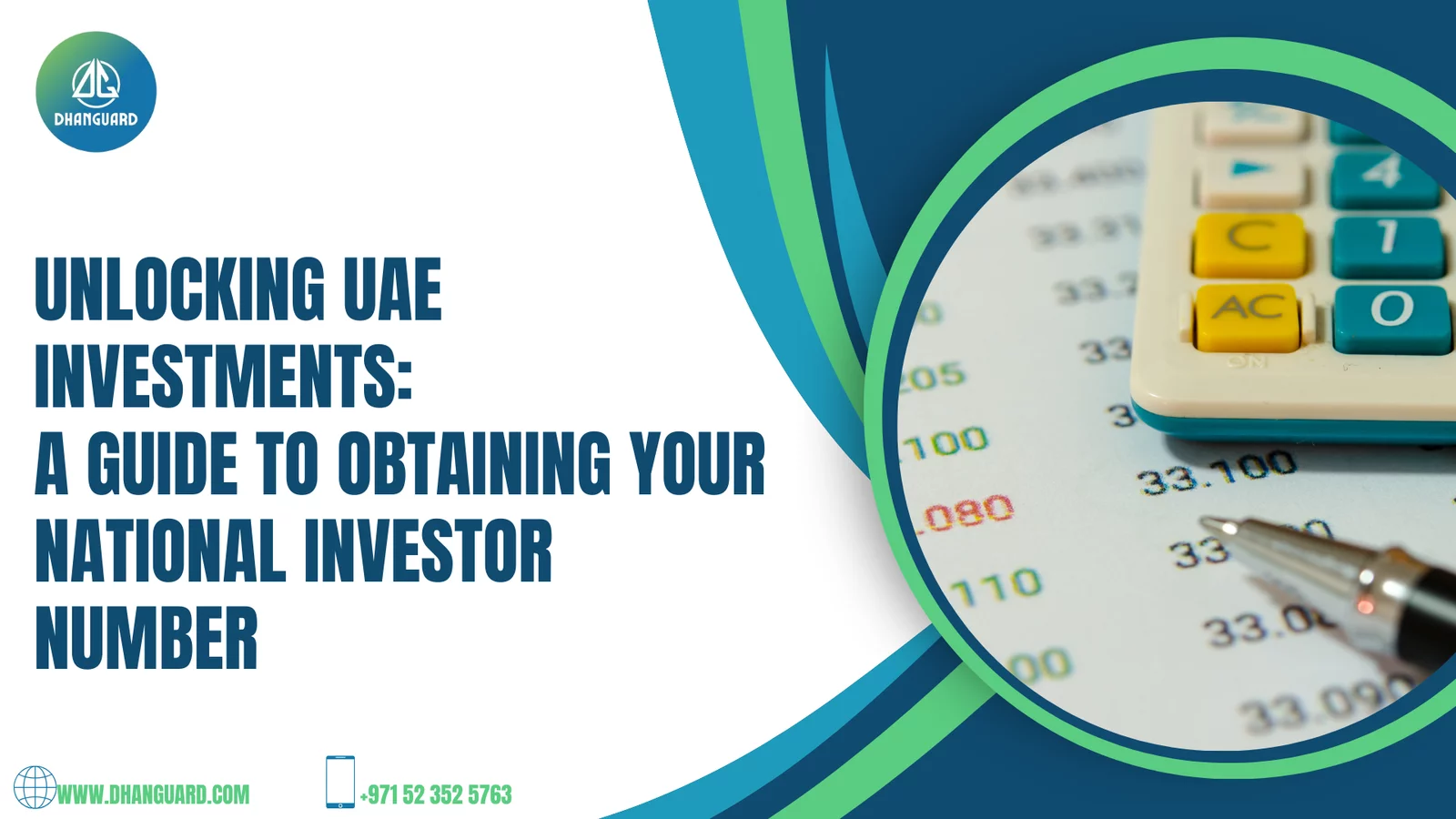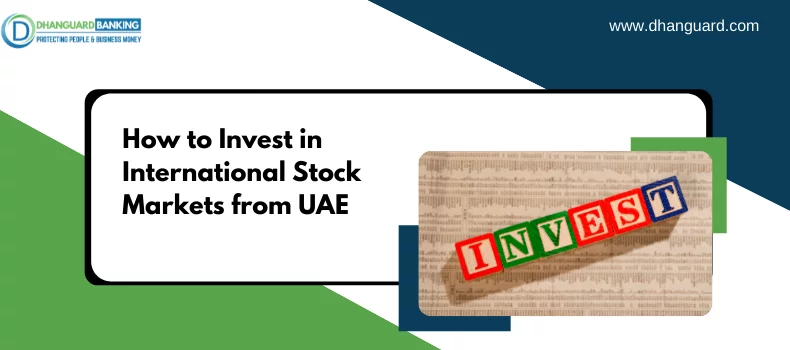Inflation is described as the rate at which prices grow over time. Inflation is usually defined as a broad measure of price increases or increases in the cost of living in a country. In general, inflation indicates that you will have to pay a greater price for goods and services. This means that during an inflationary time, the cost of living rises.
Dubai is the most expensive city in the UAE, according to Mercer's 2019 Cost of Living study. In this blog, we'll look at how inflation affects ordinary people's lives in Dubai.
What is Inflation?
Inflation is defined as a continuous loss in the value of money, which leads to a higher cost of goods and services.
Excess demand, insufficient supply, increases in raw material prices, increases in import prices, decreases in productivity, increased taxes, and several other external environmental issues are all factors that contribute to inflation.
In a healthy economy, inflation is a sign of growth because it is accompanied by an increase in wages.
How does Inflation Affect People?
The average price at which a consumer purchases goods and services is referred to as inflation. The consumer price index is used to calculate inflation.
The weighted average of prices paid for goods and services is referred to as the consumer price index. This covers payments for basic home necessities, transportation, medical care, and other expenses.
If due to inflation, you are paying a greater price for the same things that were previously sold at a lower price than you are currently paying.
The increase in prices will have a critical impact on spending.
- Salaried employees are suffering financially as prices rise, but their pay does not.
- People tend to spend more throughout inflation; therefore, national savings decline.
- Industries may be forced to close as a result of inflationary losses.
Inflation in Dubai
Housing, Food and Soft Drinks, Transportation, Goods and Services, Furniture and Household, Communications, Hotels, Restaurants, Clothing, Textiles, Footwear, Medical Care, Beverages, Tobacco, and Others are the components of the Consumer Price Index in Dubai.
As per the Dubai Statistics Center, inflation in Dubai increased by 1.32 percent in June 2019, with growth in transportation prices of 6.87 percent, hotels and restaurants prices of 10.73 percent, food and non-alcoholic beverages prices of 3.19 percent, education price indices of 3.23 percent, and communications prices of 5.43 percent. The increase in percentages implies you'll have to pay more for goods and services than usual.
The cost of living in Dubai is growing at a pace with inflation. The purchasing value of money is diminishing, and Dubai citizens need to pay more to live there. The good news is that in August 2019, Dubai's Consumer Price Index fell by 2.97 percent. Housing, water, electricity, and gas prices all fell by 6.12%, resulting in a drop in inflation, which is nothing more than deflation.
Meanwhile, prices for textiles, footwear, household necessities, maintenance, education, and health care remained high during the same time period. The real estate market in Dubai has slowed recently, and property prices are reacting to new supply and experiencing a market correction. House prices are expected to drop 5% to 10% by 2020, according to the rating agency Standard & Poor’s. The reasons for the predicament are a slowing economy and an oversupply of housing units.
Inflation-Prevention Techniques
Some of the following ways to control inflation:-

Invest in Business
Invest in commodities such as gold, metals, oil, and other commodities because their prices rise during periods of inflation.
Investing in these commodities has the advantage of allowing you to buy them at a low cost and then sell them at a higher cost as inflation rises.
Save Money
By investing in fixed deposits, bonds, and mutual funds that provide decent returns. Once you receive your salary each month, set aside a portion of it in your savings account. Make it a habit to save money, and remember that saving money will save you.
Create a Support Network
Form friendships with your neighbors and start trading products and services with them. When prices rise, you'll be in a better position to take advantage of potential business chances. Babysitting jobs, consulting jobs, and freelancing employment are just a few examples of the kind of jobs that can be formed with the correct support group.
Begin to Plant Your Garden
Invest time in gardening and grow your own food. Even if you don't have enough space, you can grow herbs in large plastic bottles on your windowsill. Following the launch of the Dubai Municipality's 'Cultivate Your Food' program in 2016, citizens of Dubai have begun to grow a variety of food varieties at home.
During periods of inflation, you can save money on veggies and lower your shopping bills.
Preserve Water and Electricity
Water and power consumption in Dubai costs over AED 1,200 per month on average. If it's warm and sunny, you'll need to spend more money because you'll be using more water and air conditioners.
While using the air conditioner, set the temperature to 24°F or higher to save 9% on energy costs. Turn off the air conditioner when it is not in use. Use water-saving appliances, turn off taps when not in use, and wash dishes by hand rather than using a dishwasher, as dishwashers use more water.
You can save money while simultaneously helping the environment by conserving water and electricity.
Conclusion
The greatest strategy to control inflation is to make informed financial decisions in both short and long-term investments. Inflation warns that today's purchase power of money will diminish tomorrow, therefore making the correct decisions at the appropriate time is the greatest strategy.
Our experts at Dhanguard will help you to overcome the effect of inflation in the country. Feel free to connect! We will gladly assist you in each and every manner.
DhanGuard: All-in-One Solution for Business Setup in Dubai, UAE
DhanGuard is your ultimate one-stop solution for all your business needs. Whether you’re planning to set up a new company or expand your existing business in the UAE, we’ve got you covered with our comprehensive range of services. From Company Formation in UAE and Business Bank Account in UAE services to managing your financial and legal compliance, we provide everything you need under one roof.
Our services include:
- Company Formation in UAE and Dubai
- Opening a Business Bank Account in UAE and Dubai with a 99% success rate
- VAT & Corporate Tax Compliance
- Accounting, Bookkeeping, and Auditing Services
- Trade License Renewal
- Golden Visa Assistance
Let DhanGuard make your journey of Business Setup in Dubai seamless and hassle-free!















